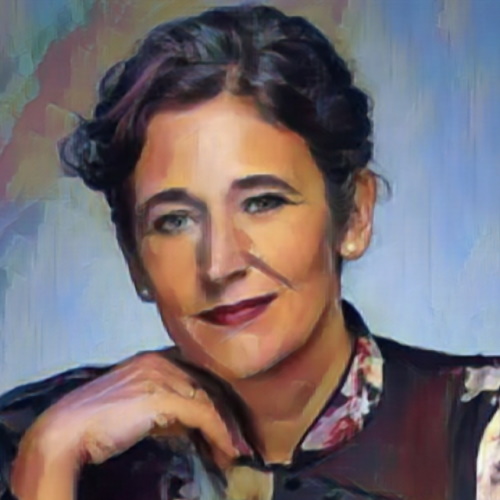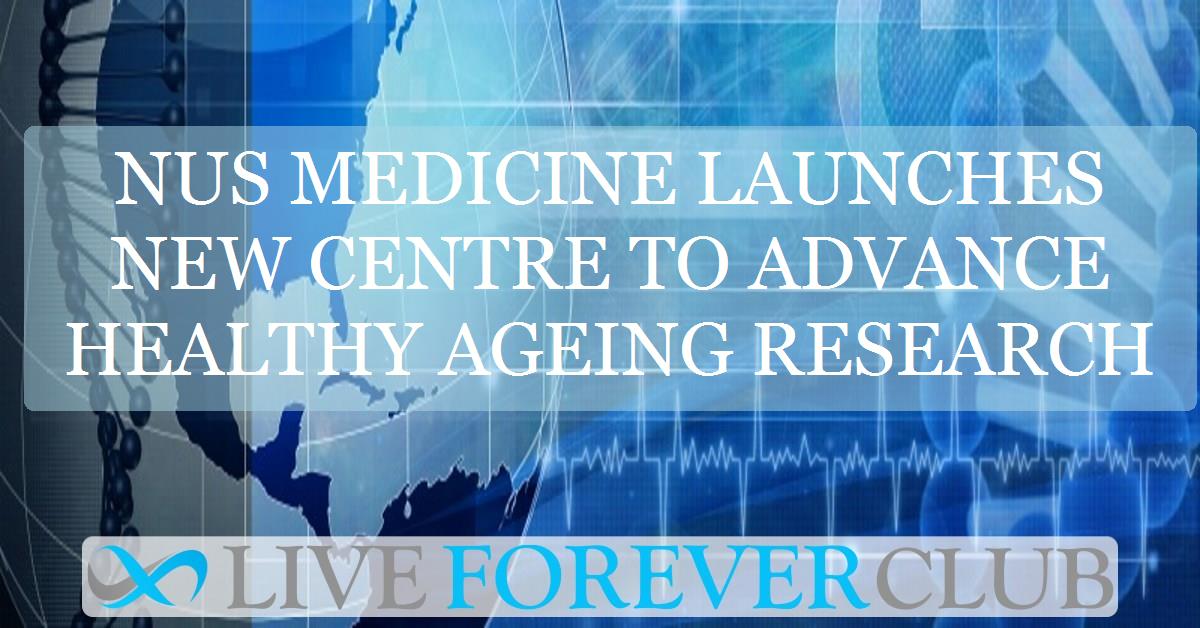Key points from article :
A new 350-square-metre clinical trial centre dedicated to healthy ageing and longevity research has opened at the National University of Singapore’s Yong Loo Lin School of Medicine. Led by Professor Andrea B. Maier, director of the NUS Academy for Healthy Longevity, the facility aims to better understand and slow biological ageing through evidence-based interventions. It will use advanced diagnostic tools — including dual-energy X-ray absorptiometry (DEXA) scans — to assess body composition, skin, and scalp health, and to measure the biological age and rate of ageing in individuals.
The centre’s research falls under the emerging field of precision geromedicine, which focuses on tailoring interventions to individuals’ biology, such as gut microbiome profiles, to optimise healthspan rather than simply extend lifespan. Current trials include personalised exercise and supplement regimens and a one-year study on how multivitamin and mineral supplementation affects biological age in healthy adults. The goal, says Prof Maier, is to “measure the pace of ageing” and find ways to slow it through targeted lifestyle changes.
Singapore’s growing ecosystem of longevity research also includes the Centre for Healthy Longevity, led by Professor Brian Kennedy, and the Healthy Longevity Research Clinic at Alexandra Hospital, headed by Dr Laureen Wang. Together, these initiatives aim to develop biomarkers of ageing, test age-delaying interventions, and educate the public on scientifically grounded approaches to healthy ageing. While public interest in longevity medicine is high, experts emphasise the need for proper regulation and reliable information to guide safe, evidence-based practices.








